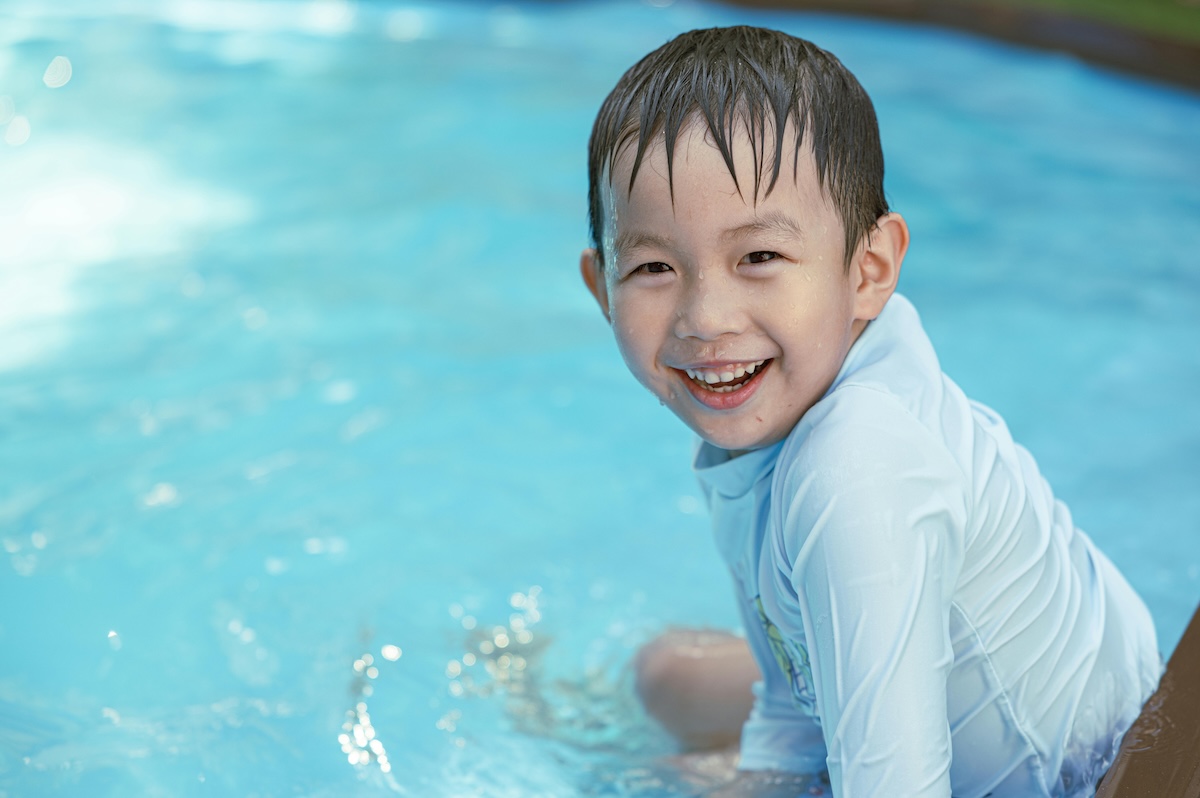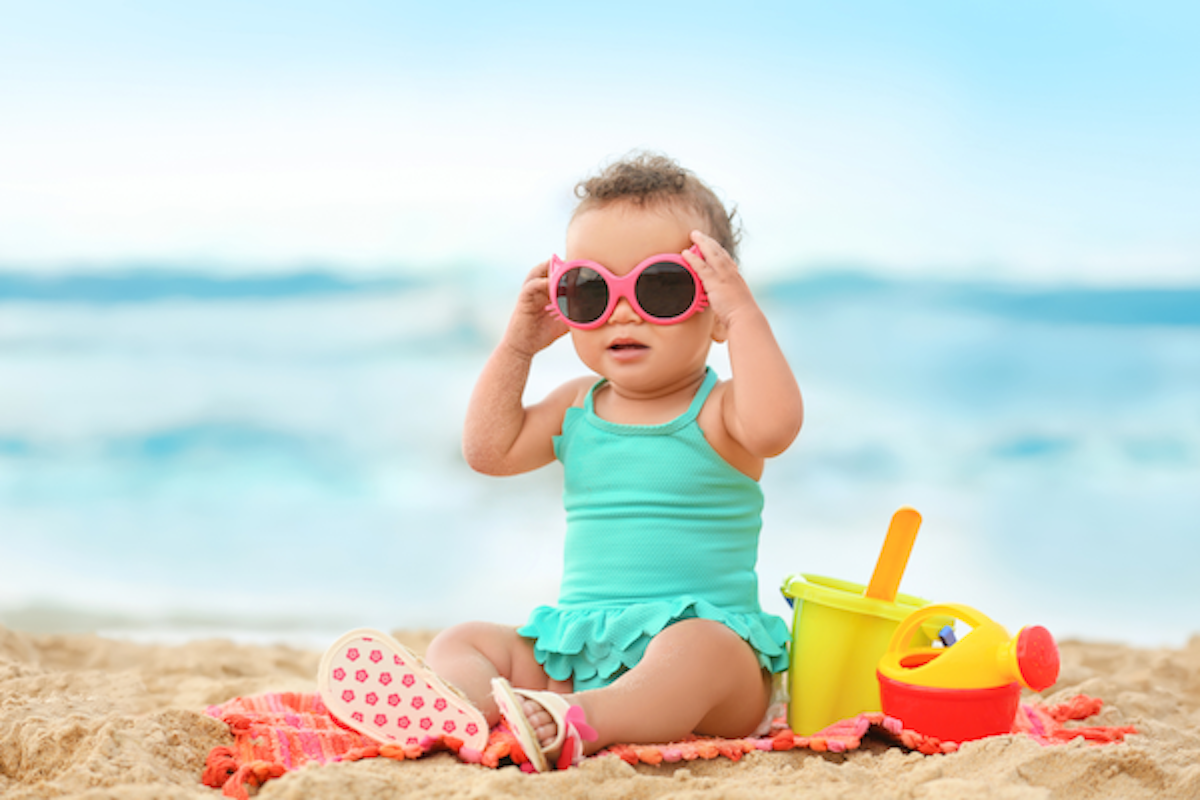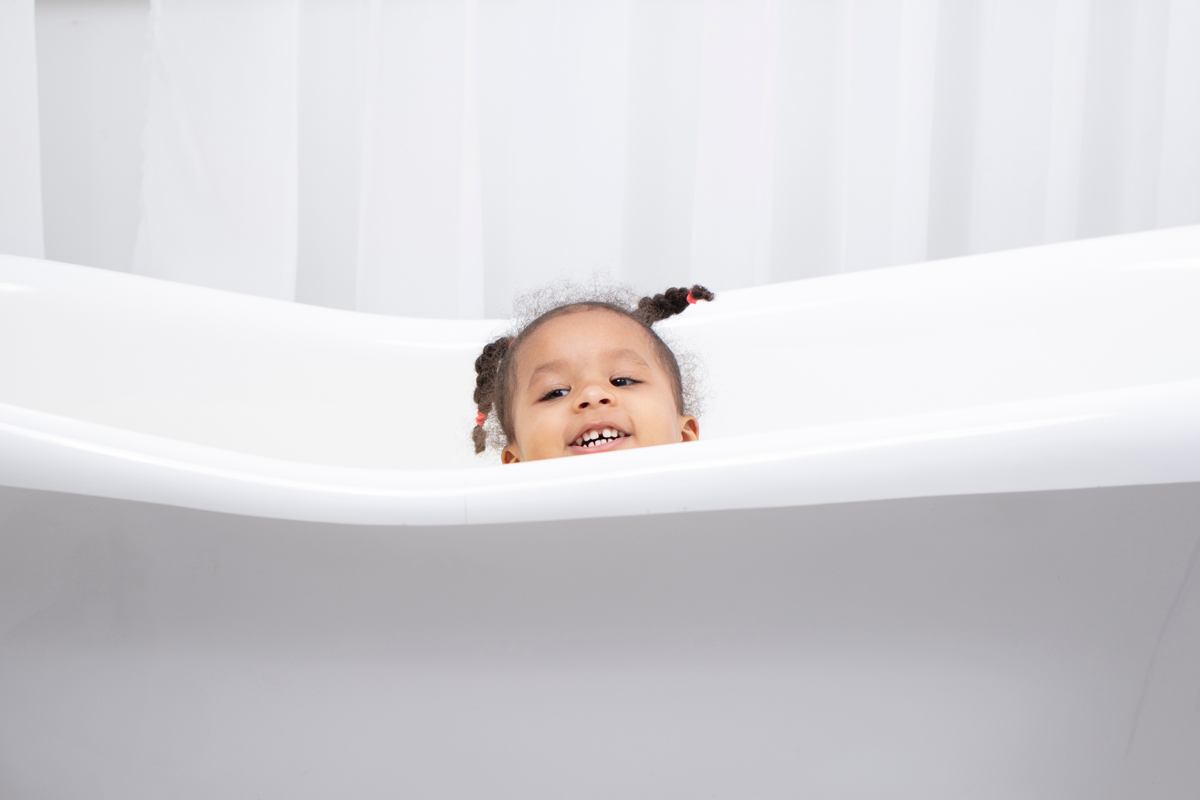My husband is worried about taking our nine-month-old swimming after reading this research about a connection between chlorinated pools and bronchiolitis. Usually I am the anxious one, but this doesn’t worry me. I’m very confused about whether it should.
—Ready to swim!
This is a good opportunity to really dig into a paper and see what we can learn from it (spoiler: nothing).
The paper is a study of 430 kindergarteners in Belgium. Recruitment took place at schools, and if parents consented to participate, they were surveyed about, among other things, swimming behavior as infants and their children’s later health. The authors compare “swimmers” and “controls,” where swimmers were children who had been in a pool at all before they were 2 years old and controls were those who had not. The outcomes considered are a variety of parent-reported respiratory diagnoses. The swimmer children are more likely to have their parents report bronchiolitis than the non-swimmers.
I have concerns!
First, if you look at the degree of exposure, the “swimmer” children spent an average of 14 hours total in pools over their first two years. The estimates suggest a 13 percentage point increase in the risk of bronchiolitis, from 23% to 36%. This effect is completely implausible — it’s way, way too big. Which makes us much more likely to think this is occurring by chance (see this article on p-hacking).
My best guess as to what is really going on in this paper is that it is a statistical accident. The authors look at a lot of different diseases, and, by chance, given the small sample they have, one of those showed up with a significant difference.
A second explanation: There are important differences between the swimmer kids and non-swimmer kids that could be responsible for the differences in reported bronchiolitis. These include, notably, differences in parental asthma and differences in day care attendance. Since both are risk factors for childhood respiratory issues, these baseline differences are perhaps important.
This paper simply isn’t helpful; it has too many problems. To your broader question about the safety of swimming, our best evidence is probably this study in Norway, which is a much larger analysis in a place where infant swimming is common. The authors find no overall differences in illness between babies who swim before six months old and those who do not. They do find a slight increase in wheezing for babies who swim, but only if their mother has allergies, and that increase is very small.
Bottom line: There is not much here! Swim away.
Community Guidelines















Log in
So excited that commenting is back!